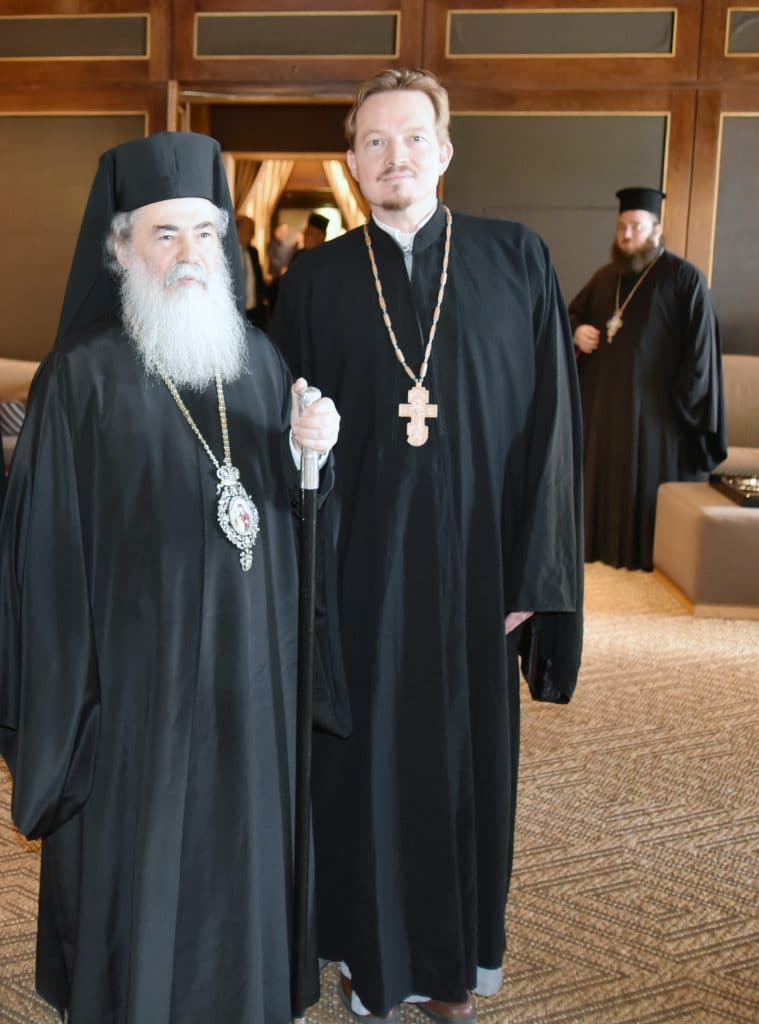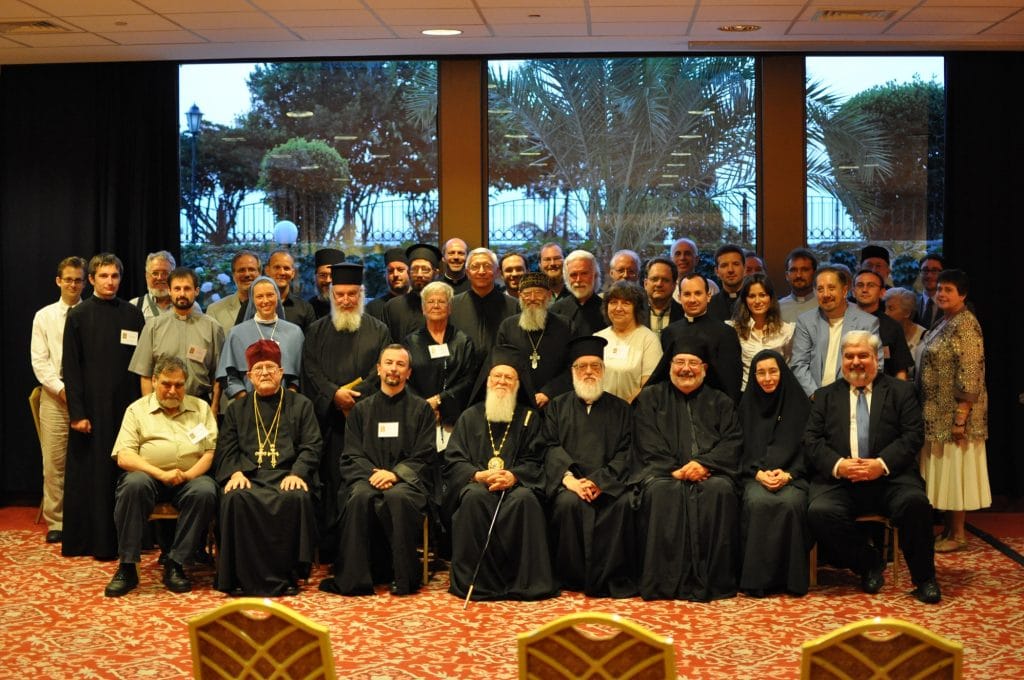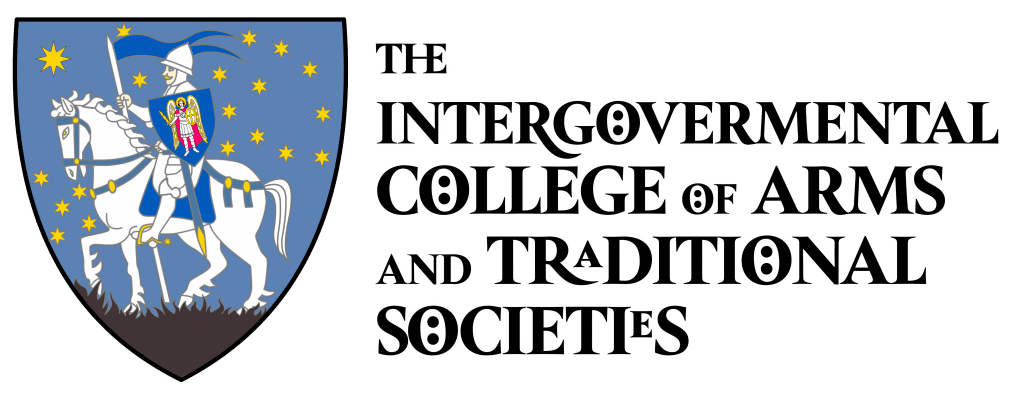According to the Constitutional Charter:

SECTION IV: INTERNATIONAL GOVERNANCE OF THE ORDER
Article 13 – Legal Status
13.1. At its creation, the Order is constituted under international law as sovereign in virtue of its Charter of Authorization granted by EUCLID in virtue of its own intergovernmental authority under United Nations Treaty Series 49006 and 49007.
13.2. The Order may seek additional legal forms as deemed appropriate to accomplish its objectives, including national legal personality forms and headquarters agreements.
13.3. The Order has the status of a not-for-profit association and may (1) apply for tax-exempt status in relevant jurisdictions; (2) join suitable networks, organizations, and associations; (3) enter into bilateral and multilateral agreements.
Article 14 – The Council or “Sovereign Council”
14.1. The Sovereign Council is the advisory, governing and deliberative organ of the Order. It shall consist of 7 Members elected or designated by all the Grand Priors every 5 years. The Council shall have 4 Orthodox and 4 Catholic Members.
14.2. The Chancellor is ex-officio Member of the Sovereign Council and may designate a Chairman or President of the Council.
14.3. All Ecclesiastical Patrons are also eligible, if they so desire, to sit on the Sovereign Council or designate a representative, with the status of Advisor.
14.4. Decisions shall be made in the Sovereign Council by a majority of 5 out of 8.
Article 15 – The Chancellor and Governor-General, and “pro tempore” appointments
15.1. At the Constitution of the Order and in view of its derived international legal personality under its Charter of Authorization, the Chancellor shall be appointed by ICATS/EUCLID in a supplement to the said Charter of Authorization. The Chancellor should be a priest (of any dignity) or bishop (of any dignity).
15.2. The prerogatives of the Chancellor as the guarantor of the aims and purposes of the Order are spelled out in this Constitutive Charter, for which reason the Chancellor may exercise a right of veto if a decision of the Sovereign Council is deemed in contradiction with the present Constitutional Charter.
15.3. In order to maintain a balance of cooperation and authority, two Vice-Chancellors (or Co-Chancellors) may be appointed to share equally in the responsibilities of the office of Chancellor.
15.4. A Governor-General may also be appointed to assume temporal and administrative functions of governance, including financial administration and international relations. Accordingly, the Governor-General should preferably be chosen from among the lay members of the Order.
15.5. Pro tempore officers may be appointed or elected if the need arises.




